Premiere: Dark Rock Duo Muscle and Marrow Confront Love and Loss on “Bereft Body”
With a moody blend of rock, experimental pop, and folk-inspired vocal melodies, Portland, Oregon’s Muscle and Marrow has found favor with a wide variety of audiences since it formed in 2013. Comprised of guitarist/vocalist Kira Clark and drummer/sample artist Keith McGraw, the duo turned heads with its 2014 debut, The Human Cry, an arresting album that captured a dynamic sound ranging from ethereal and pretty to gut-wrenching and sorrowful.
During the making of the band’s latest record, Clark was confronted with a family tragedy; the loss of her grandmother. The resulting album, Love (out 5/27 via The Flenser), is a gorgeous, emotion-filled exploration of the complexities of close relationships, both the beauty of shared, unconditional bonds and the agony of losing someone you love. It also digs deep into female archetypes and the concept of feminine power.
Check out She Shreds’ exclusive premiere of “Bereft Body” and our interview with Clark about Love, the cathartic nature of creating art from difficult experiences, and why she is ready to move on to new sounds in the future.
She Shreds: Muscle and Marrow has often been tagged as “hipster metal,” a term that in the metal world can be especially damning for an emerging band. However, your music doesn’t seem to have much at all to do with the genre in any traditional sense, other than being dark. In your case, why do you think people have saddled your band with that label, rather than thinking outside of categories?
Kira Clark: Well, I’m really only aware of one piece of writing that refers to us as such, but certainly people refer to us as “experimental metal” frequently. The best I can guess, as someone who doesn’t view our music through the lens of metal, is that it communicates what some people think the emotional core of metal is. It’s difficult to talk about this because I don’t at all want to seem ungrateful for the people who care about our music (because we truly are so grateful and surprised) but to be thought of as a metal band is extremely disorienting for me as an artist given that I’m not directly influenced by metal nor do I really listen to it.
We willingly embraced the tag for a while because it felt nice to have a home, but I quickly learned it felt isolating and inauthentic. To be clear, I do understand why people who like metal gravitate toward our music but I don’t understand why anyone would call us a metal band. People need a place to put us and I think at this point we’re metal by association but I mean, the track that you’re premiering is a weird little folk song essentially.
We realized we need the freedom to do whatever we want artistically and so we are very intentionally attempting to carve a path for us that allows us to do that now. If this means wearing pink instead of black or writing a pop record next than we’re going to do that. At the risk of sounding self aggrandizing, I can’t breathe when I feel artistically pigeonholed. I want to play shows with women and people I can talk about pop music with. That’s the most acute need for me right now.
With your first record, The Human Cry, and your latest, Love, you have themed your albums around very primal human emotions. Can you tell us about how you’ve come to use these universal concepts as the starting ground for an overall album concept or story?
I’m actually growing frustrated with myself that I can’t seem to focus on tiny, manageable aspects of life. I’ve always been this way. I get caught up in huge themes of death and love and can’t slice life up into the little scraps that allow you to get out of bed and actually accomplish things. I’m currently really trying to write songs that are a bit more specific or joyful since it’s boring as an artist to continue to revisit the same material again and again. I have lost several members of my family very suddenly and it’s clear that I absolutely needed to write these first two albums and I am glad that they seem to have meant something to at least a few people, but I’m interested in talking about death differently perhaps.
Ultimately, I don’t know what else there is besides death and art and love but I think for my own sanity I have to do something totally different, like write a conceptual album entirely about the ocean or something but who am I kidding? It would probably still be about death. I don’t mean to romanticize death or pain. I’m just trying to find a way to deal with the idea that I am a human who will lose the people that I love and who will one day lose consciousness and will never be able to sit in the park or stub their toe or be stuck in a traffic jam or listen to a really good song or buy a new dress or pet my cats, etc. I think on some level all of art is trying to cope with that.
Love was inspired in part by the loss of a family member, and the idea of love as both a gift and a trap. Was it therapeutic to create this record during a time of personal hardship, or did it make the album process more difficult than with The Human Cry?
Well, The Human Cry was dealing with a previous death that was much more sudden and Love centered mostly around the death of my grandma who was an absolutely central figure in my life. The album is short and I think we feel like we said what we wanted to with this record, but we don’t have material left over or a desire to revisit it and make the same sort of record again. I’m glad we made it. It was cathartic. Anger and acknowledging your sadness can feel like strength. “Bereft Body” is very specifically, more than any song on the record, about my grandma. This song is entirely for her.
“Bereft Body” is a beautiful track that gets more intense the further along you it goes. Can you tell us a little about what that song means to you and how able to capture such strong emotions through song?
The songs sound primal because they are. They simply just came out of me. I didn’t want that song to change. I was stuck on these two chords, this one melody, and it felt so important to stay there that we had this conceptual idea of eventually the song being overtaken by some outside force and quieting the human voice. I’m interested in chipping away at songs more, being disciplined and really intentionally constructing them, but for the most part on these records, I had so much inside of me that I just sort of opened my mouth and everything fell out.
A secondary theme of Love is feminism and female archetypes. For you, how does one theme translate into the second and vice versa? What are some places you found inspiration outside of your personal relationships?
Embracing female archetypes is ultimately about control. I’ve so rarely felt as a woman entirely in control of how I am perceived. My sexuality and my perceived level of sanity have never been my own. To control the spectacle of the self is what I’m trying to do. I love weirdo fashion, artists like Bjork, Jenny Hval, Courtney Love (who did the whole subversive female archetype thing so well), Stevie Nicks, Nicki Minaj, queer poets and artists, femmes, just anyone who surprises me.
As a two-piece, what are some ways that you’ve developed your sound from album to album? Can you tell us a little about your equipment/setup and how you translate the rich textures of your records in a live setting?
The live setup is better as a mystery. I will say that currently we are writing almost entirely on the computer.
What are some tips you could share with other artists/bands with a minimal lineup to beef up their live sound?
I guess I would say multitask or make your instruments multitask as much as possible. I try to have the guitar take up at least some of the space that a bass would. For us that means putting a fair amount of low end into the guitar sound and having an amp that can handle it. Also, don’t be afraid of using computers/synths/anything to create sound alongside the band. There are lots of ways to easily control that stuff live without too much additional effort.
The last moments of “Light,” the final track of Love ends with the chanted refrain, “Fear my power.” Can you tell me about how you decided to end your album on that note and what you hope the listener takes away from it?
Again it goes back to control. I certainly don’t feel powerful most of the time, but to play this really grandiose, powerful character at the end of that song felt very important to me. You know, not to whine, but in this heavily male dominated scene I walk around with a very sharp sort of anxiety that I don’t belong and that someone will question my right to be there (which happens again and again). At the end of our set I just get to stare at these faces and proclaim “fear my power” even if I don’t feel it and they may not like me but at least in that moment they can’t question me. I want every single person who is made to not feel powerful in this embarrassing world to feel for a moment in charge.
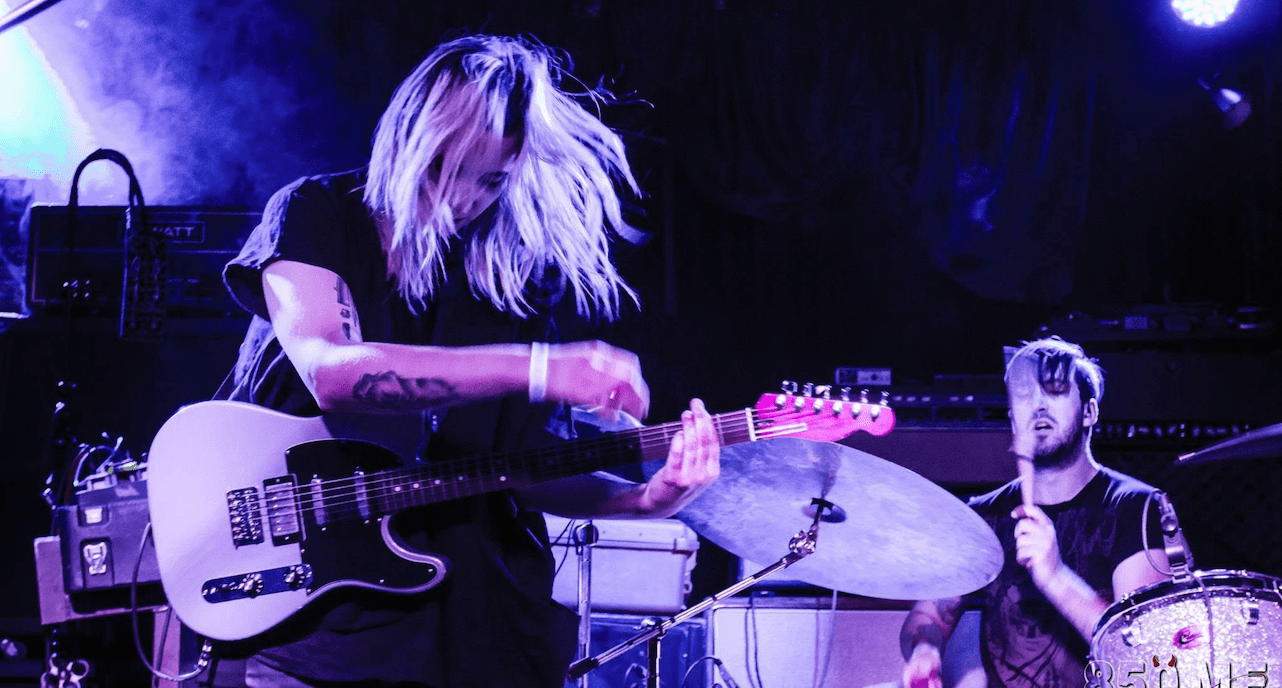

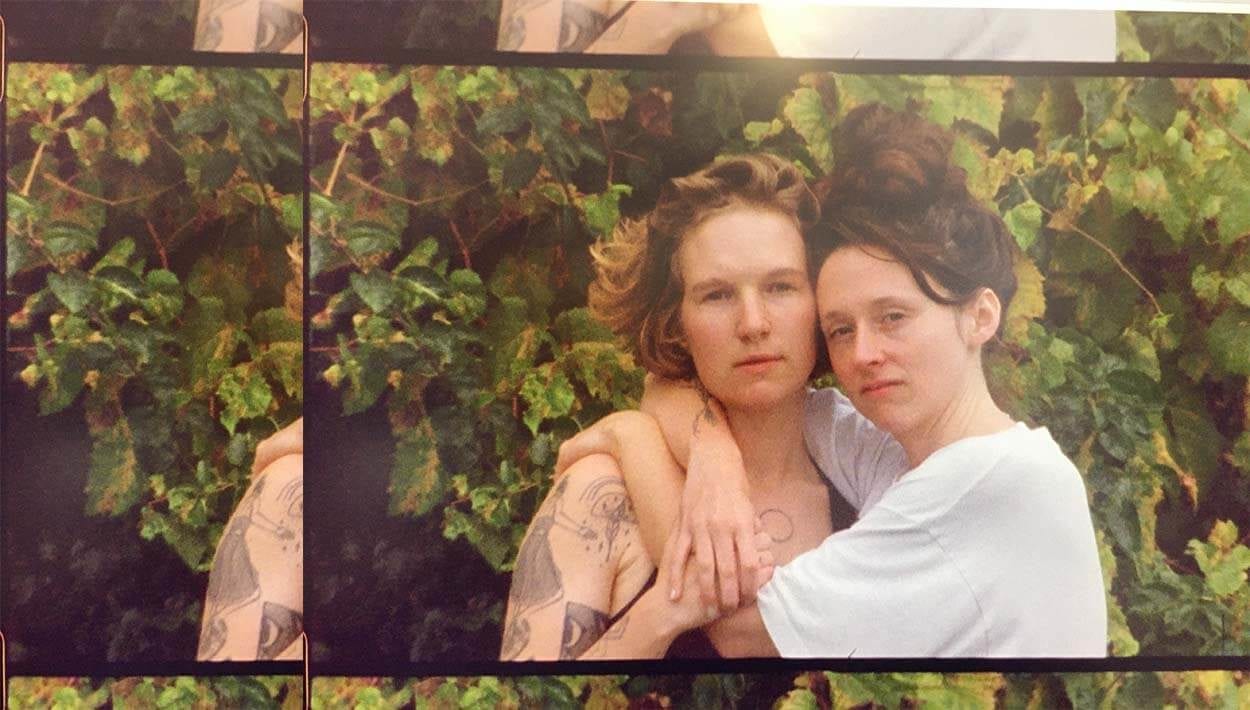
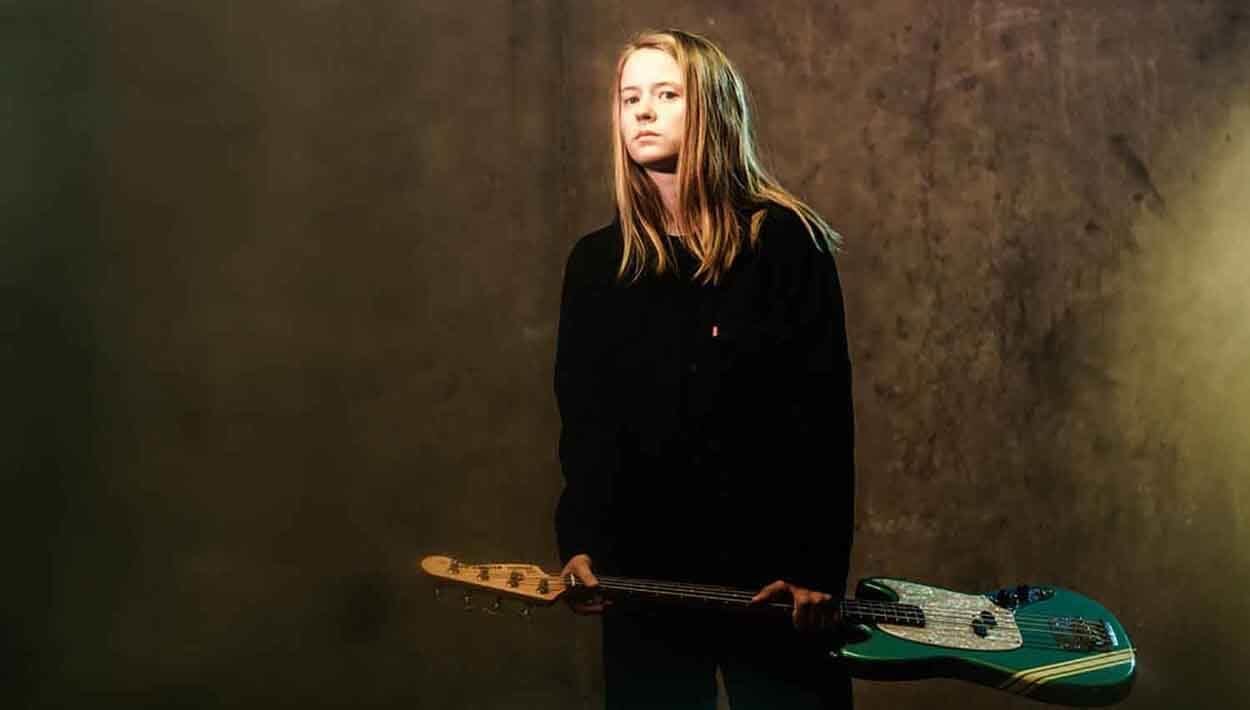
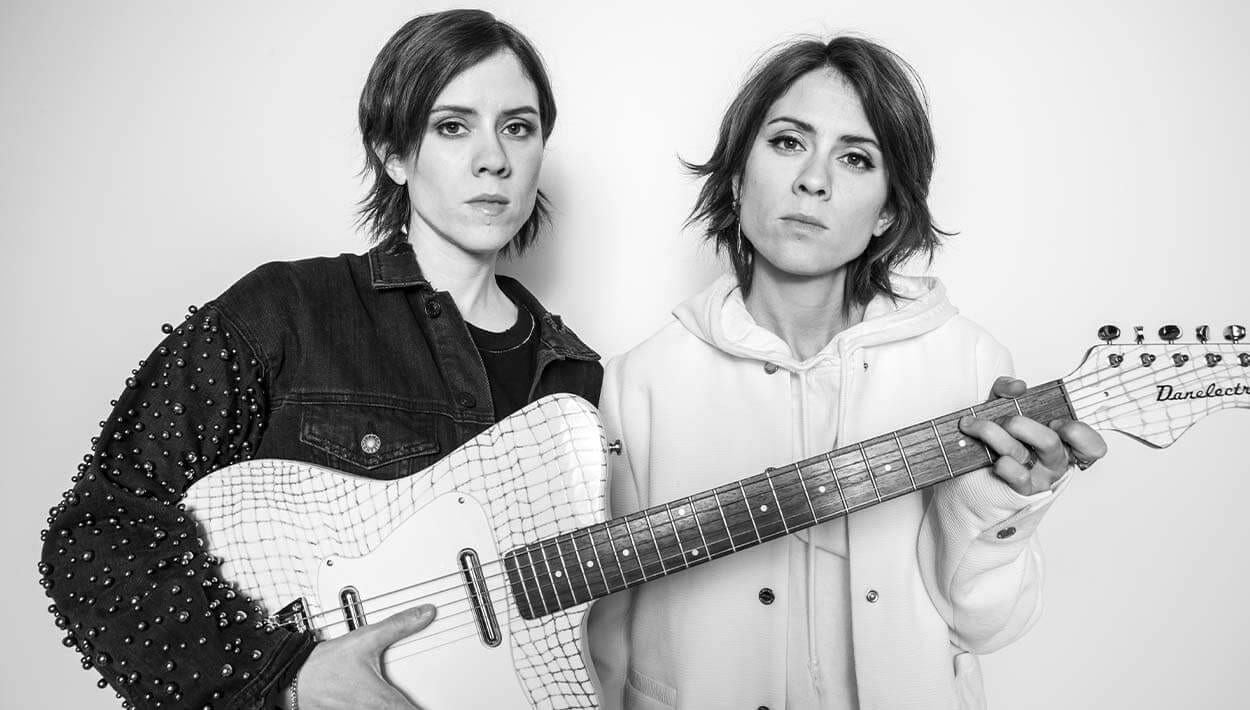
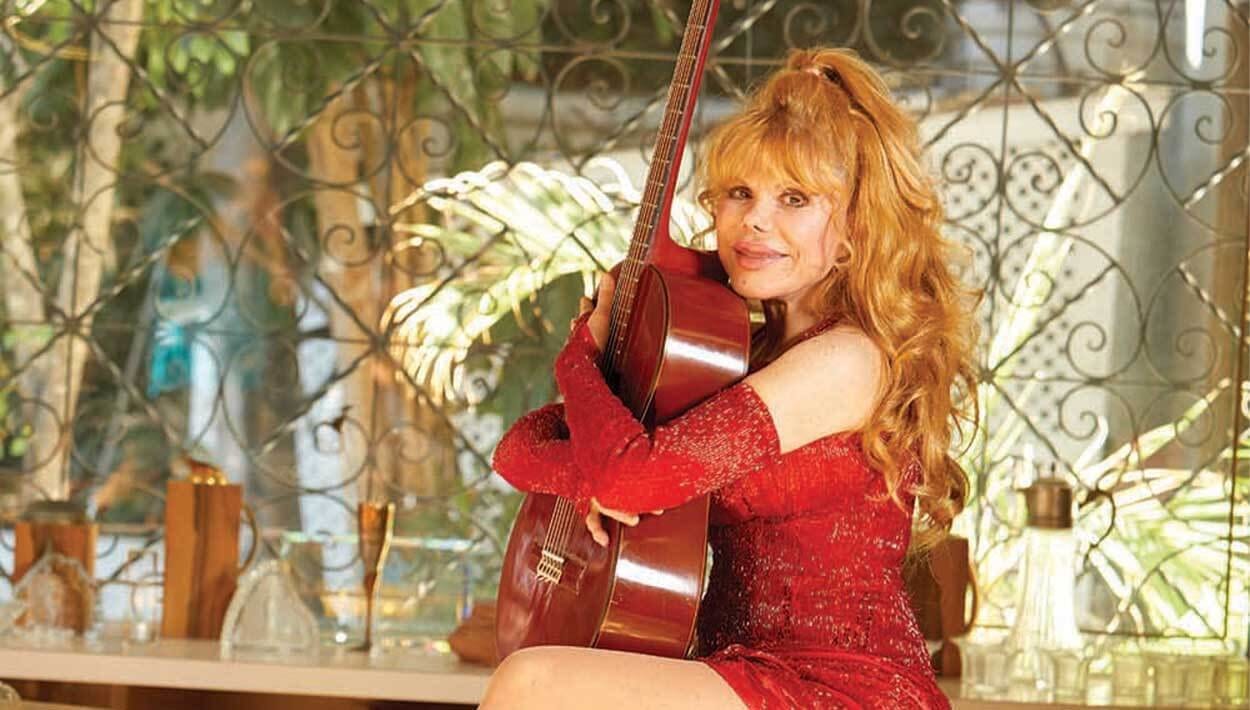
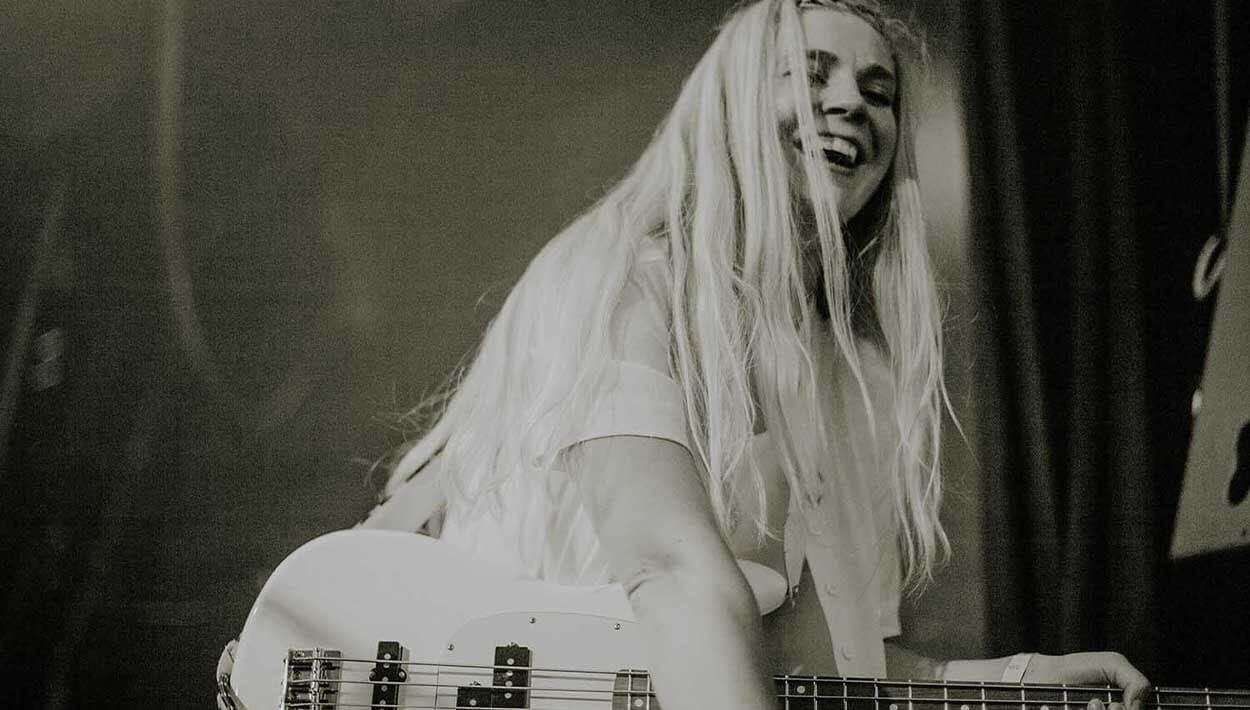
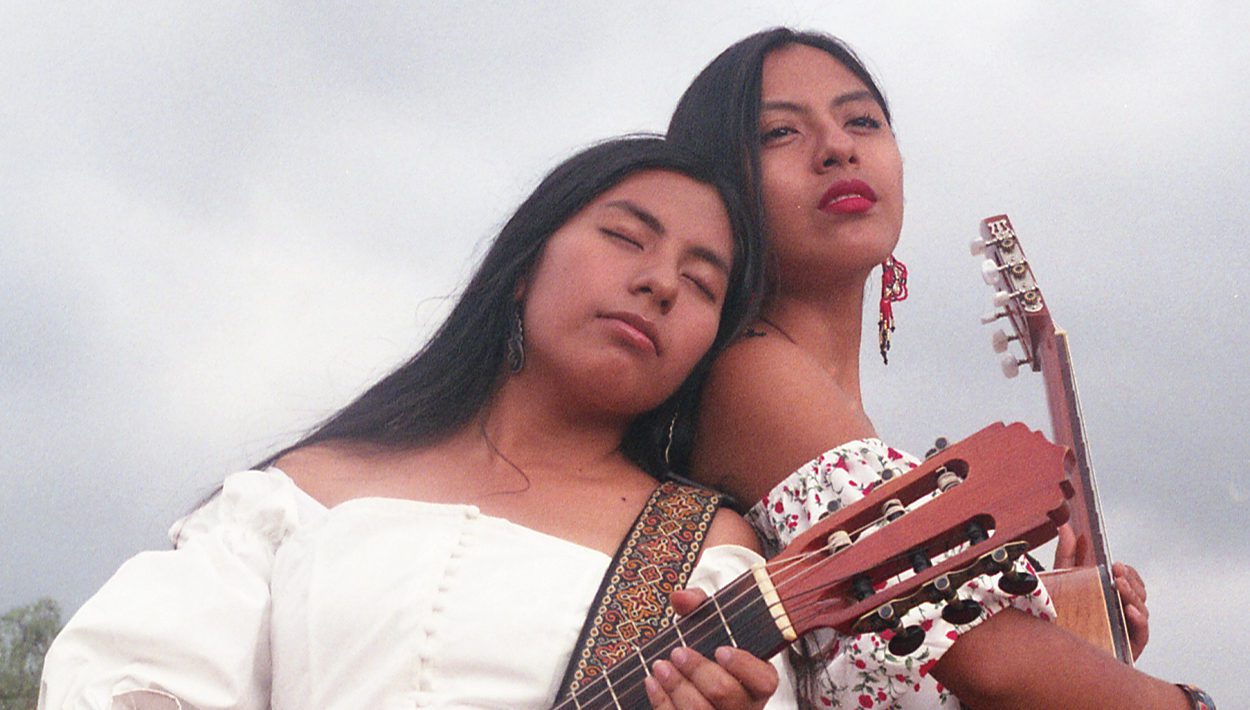
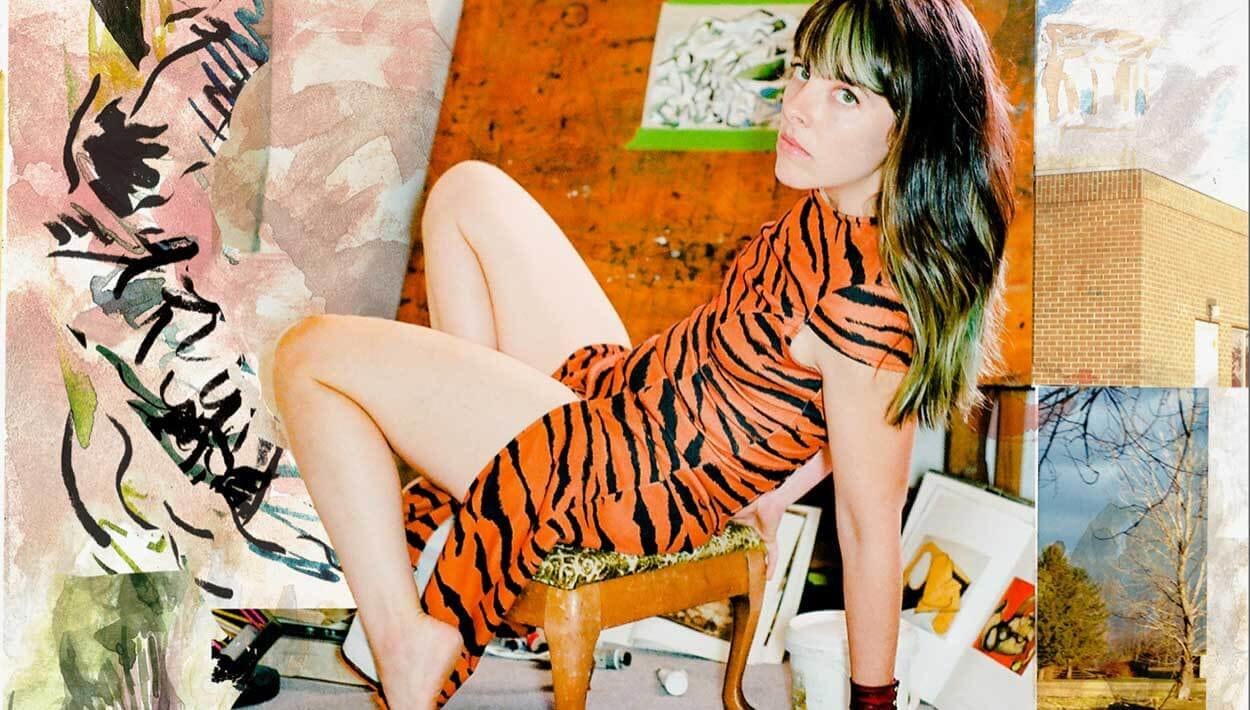
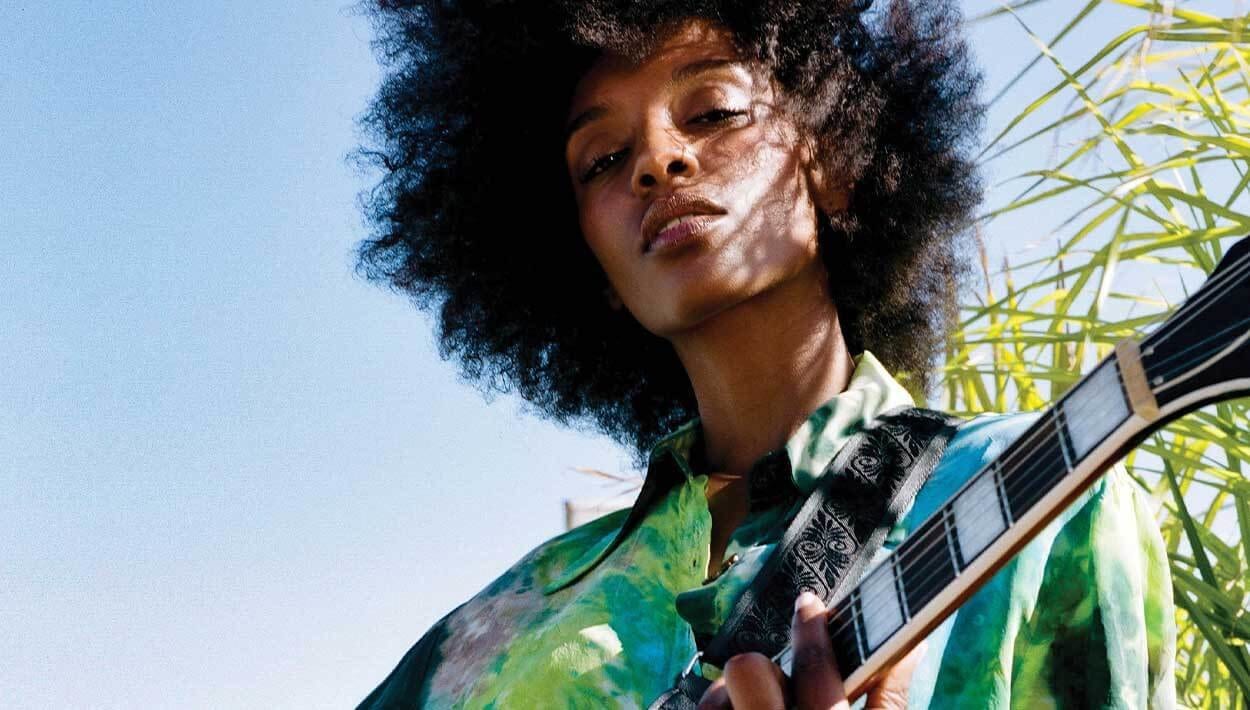
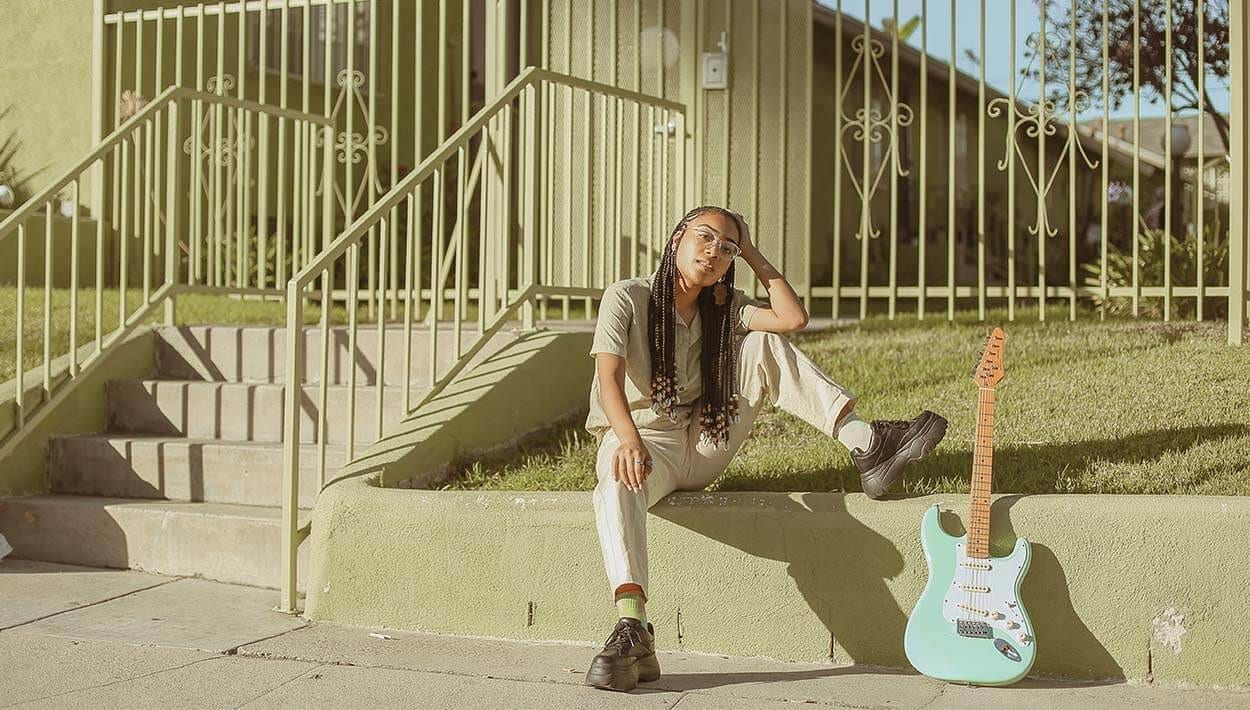
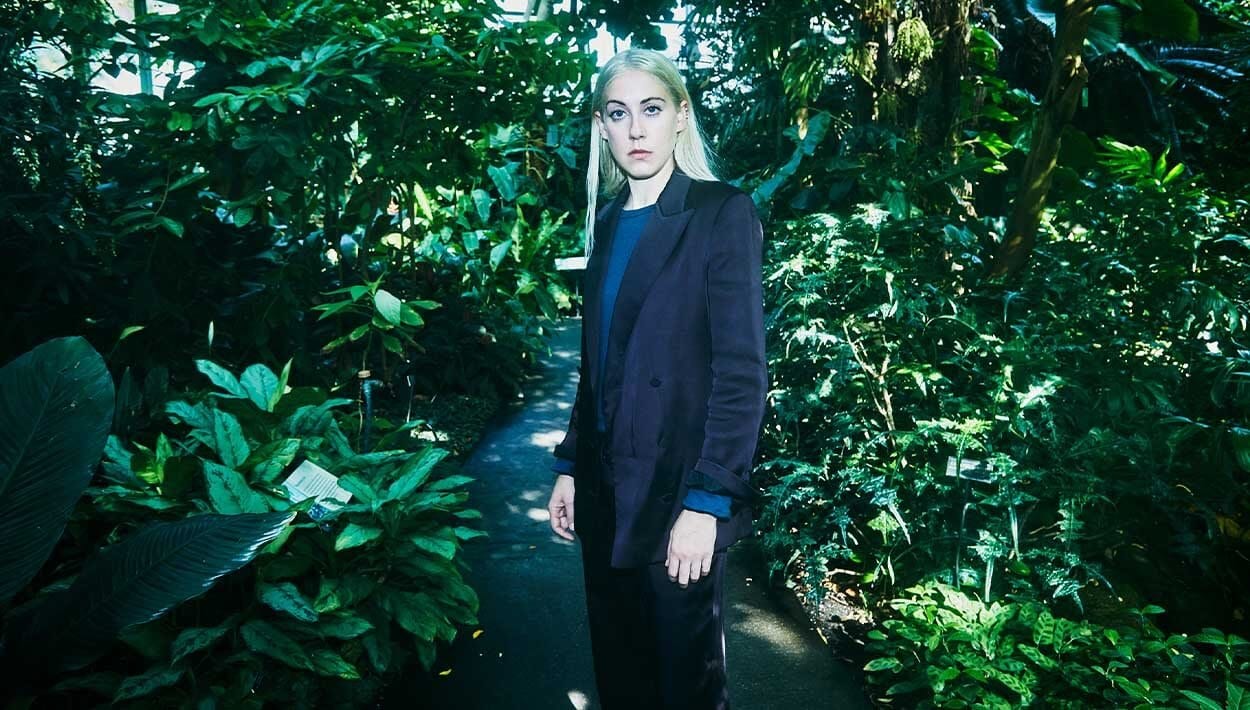


Comments
No comments yet